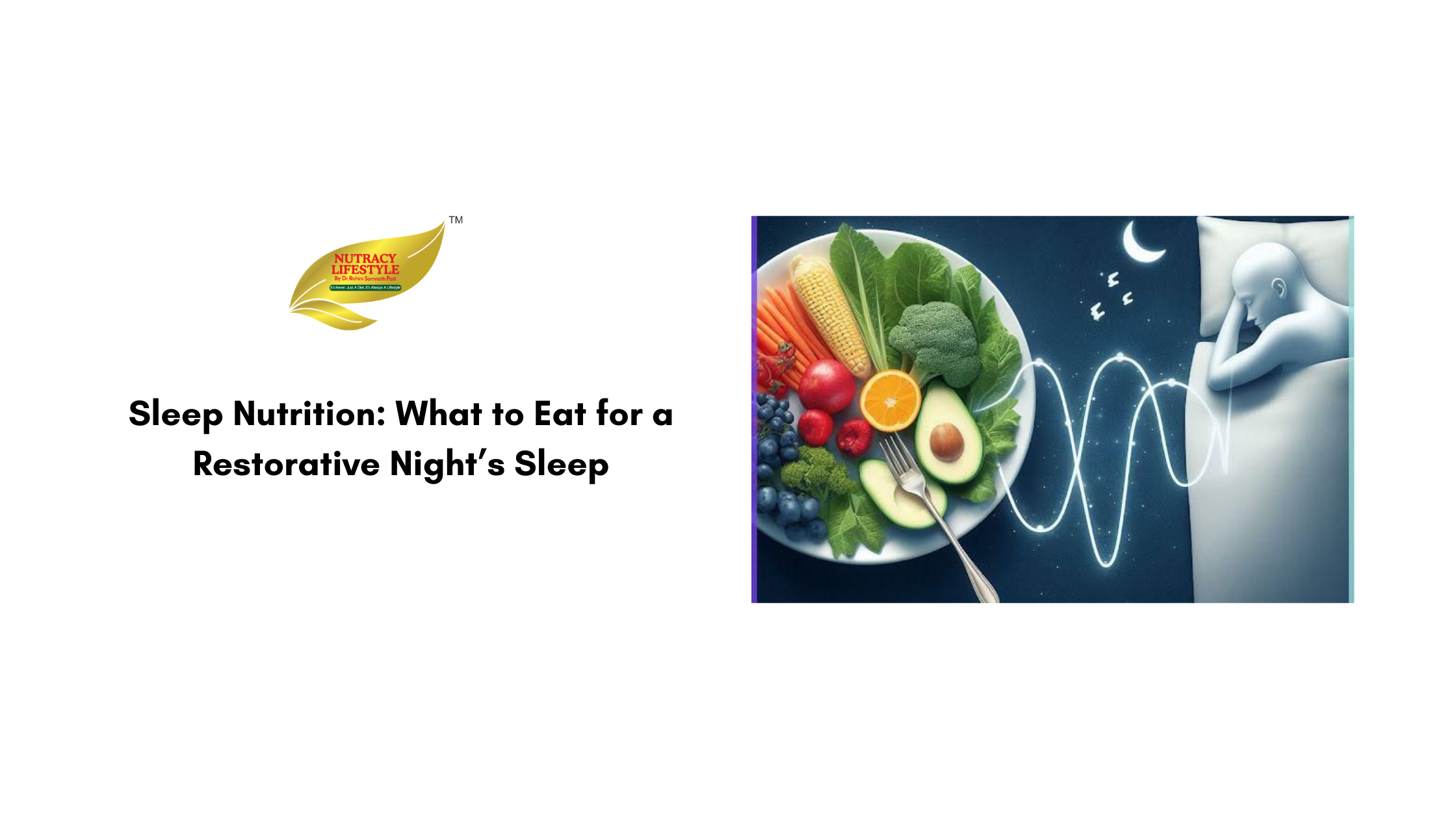A restful night's sleep is not only about abstaining from screens or adhering to a bedtime schedule—it's also about what you consume. Nutrition has an important function in maintaining sleep cycles because food and nutrient consumption affects the creation of sleep-promoting hormones such as melatonin and serotonin. Adding sleep-promoting foods to your diet helps enhance the quality of your sleep and waking up well-rested.
Key Nutrients for Better Sleep
1. Magnesium – Referred to as nature's relaxant, magnesium relaxes the nervous system and induces sound sleep. Foods that are magnesium-rich are almonds, spinach, bananas, and pumpkin seeds.
2. Tryptophan – A precursor to serotonin, this vital amino acid is responsible for the regulation of sleep cycles. Turkey, milk products, nuts, and seeds are rich sources.
3. Melatonin – This hormone regulates sleep-wake cycles. Cherry, walnuts, and tomatoes naturally increase the levels of melatonin.
4. Calcium – Assists the brain in using tryptophan to create melatonin. Good sources include dairy products, leafy greens, and sesame seeds.
5. Vitamin B6 – Responsible for the creation of serotonin, B6 is contained in bananas, salmon, and fortified cereals.
6. Omega-3 Fatty Acids – Healthy fats that assist with melatonin control. Fatty fish, walnuts, and flaxseeds are all excellent choices.
Best Foods to Eat Before Bed
1. Glass of warm milk – Calcium and tryptophan together induce relaxation.
2. Handful of almonds or walnuts – High in melatonin and magnesium to aid in sleep.
3. Banana with nut butter – Has tryptophan, B6, and magnesium for the relaxing effect.
4. Oatmeal – Excellent source of melatonin and complex carbs to stimulate production of serotonin.
Foods to Avoid for Better Sleep
1. Caffeine & Stimulants – Coffee, chocolate, and energy drinks can make you stay up.
2. High-Sugar Foods – High-sugar snacks cause blood sugar to spike, resulting in wakefulness at night.
3. Spicy & Fatty Foods – Can lead to indigestion and interfere with sleep quality.
Final Thoughts
With some modest dietary changes, you can improve sleep quality naturally. Eat nutrient-dense, sleep-enhancing foods and steer clear of bedtime stimulants to sleep soundly and deeply each evening.

.jpg)
